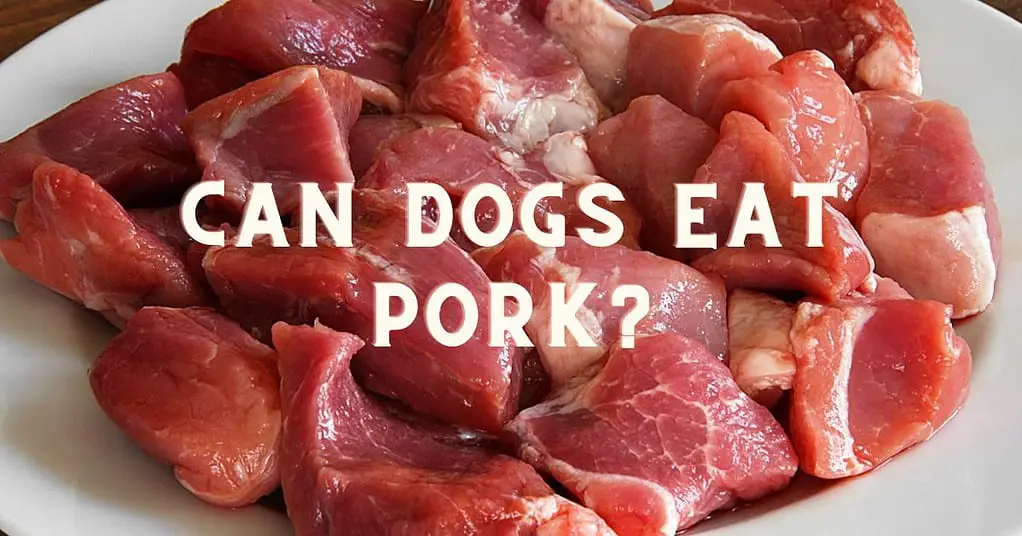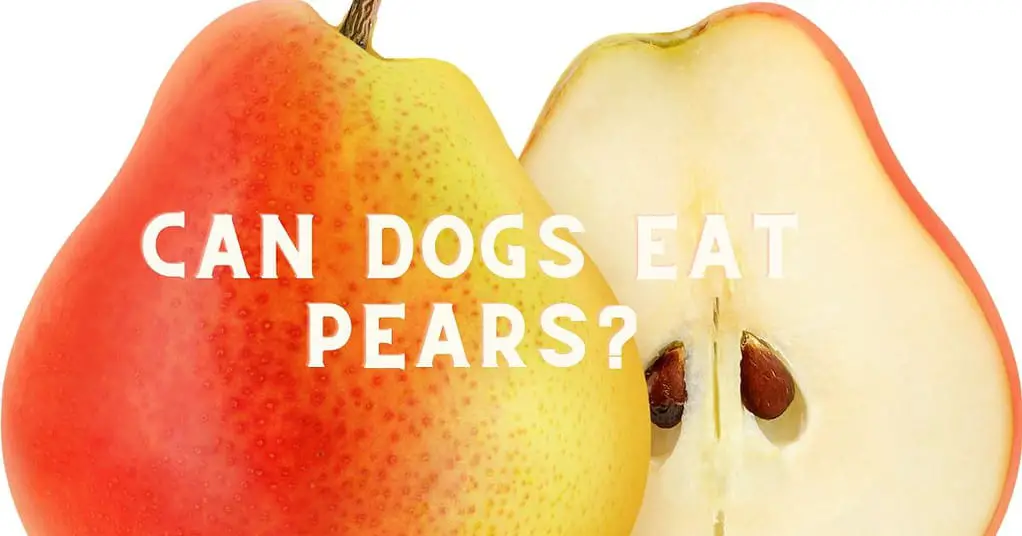Milk Bones are a popular dog treat, but some people worry if they are unhealthy. In moderation, Milk Bones are generally safe for most dogs. However, they are high in calories, so too many can lead to weight gain.
The ingredients may also cause issues for dogs with allergies. While marketed for dental health, some vets argue Milk Bones don’t provide much benefit as dogs swallow them quickly.
Overall, occasional Milk Bones as a small treat are fine for healthy dogs, but they shouldn’t be a main part of their diet. It’s best to feed them in moderation, watch your dog’s weight and health, and brush their teeth too. Consulting a vet addresses any concerns about Milk Bones or other treats.

What Are Milk Bones?
Milk Bones are dog treats made with wheat, beef, and milk, commonly used as snacks or special rewards for dogs.
Ingredients (wheat, beef, milk)
Milk Bones contain three main things. They have wheat, beef, and milk in them. Wheat is the top thing in this dog treat. This might be bad news for dogs with a wheat problem. Beef is also found in Milk Bones.
Dogs that get itchy or sick from beef should avoid these treats. Milk is the last main part of these bones. Some dogs can’t handle milk well. It may make them sick or give them a rash. All three of these things are common causes of food problems in dogs.
Uses (treats, snacks)
Milk Bones are common choices for dog treats and snacks. They serve many purposes in a dog’s life.
- Milk Bones help ease your pet’s hunger between meals.
- You can use these treats to reward your dog for good behavior.
- Dog owners often use Milk Bones during training sessions. They motivate dogs to learn new tricks.
- As chew treats, Milk Bones can help to clean your dog’s teeth.
- These biscuits also keep dogs busy while you are working or away from home.
Potential Health Problems Linked to Milk Bones
Milk Bones can potentially cause health problems in dogs, such as allergies (to beef, wheat, or milk) and upset stomachs leading to diarrhea.
Allergies (beef, wheat, milk)
Dogs may have allergies to beef, wheat, and milk. These are the main parts of Milk Bones. Here is a list of how your pet might react:
- Some dogs start to vomit right away.
- Others may get sick with diarrhea.
- Many dogs will feel itchy and scratch a lot.
- Your pet could have problems with its skin.
- Lots of sneezing can be a sign as well.
- Your dog might lick or bite itself more than usual.
Upset stomach/diarrhea
Feeding your dog Milk Bones can sometimes lead to an upset stomach and diarrhea. This is especially true if your dog has allergies to the ingredients found in these treats, such as beef, wheat, or milk.
Consuming too many Milk Bones can also cause digestive issues for your furry friend. It’s important to monitor their reaction to these treats and consult with a veterinarian if you notice any negative symptoms.

BHA Preservative in Milk Bones
The BHA preservative in Milk Bones has raised concerns due to potential dangers and health risks associated with its use.
Potential dangers and concerns
There are potential dangers and concerns associated with Milk Bones for dogs. One concern is the BHA preservative used in these treats, which has been linked to an increased risk of cancers in some animals.
While claims that Milk-Bone treats cause cancer in one out of every two dogs have been found to be false by fact-checkers, it’s important to note that BHA is a controversial chemical preservative found in many dog foods.
It has also been identified as a skin and eye irritant and can potentially cause skin sensitization. Therefore, it’s essential to give Milk Bones or any other dog treats in moderation and consider alternative options that do not contain potentially harmful chemicals.
Alternatives for preservatives
If you’re worried about preservatives in dog treats like Milk Bones, there are alternative options available. Here are some healthier alternatives for preservatives to consider:
- Look for treats that use natural preservatives like vitamin E or rosemary extract instead of BHA.
- Choose organic treats that prioritize using high – quality ingredients without artificial additives.
- Make your own homemade dog treats using simple, natural ingredients like pumpkin, peanut butter, or applesauce.
Impact on Dogs with Specific Medical Conditions
Dogs with specific medical conditions, such as diabetes or food sensitivities/allergies, may experience negative effects from consuming Milk Bones.
Diabetic dogs
Diabetic dogs have to be careful about what they eat, including their treats. Eating too many Milk-Bones can cause problems for diabetic dogs. It can increase their blood sugar levels, which is not good for them.
It can also make them very thirsty and dehydrated. Some diabetic dogs are harder to control, even with insulin injections. If they get sick, it can be even more difficult to manage their diabetes.
So it’s important to take good care of diabetic dogs and give them the right kind of treats that won’t cause any issues with their blood sugar levels or overall health.
Dogs with food sensitivities/allergies
Dogs with food sensitivities or allergies can have adverse reactions to Milk Bone treats. These reactions can include immediate symptoms like vomiting, diarrhea, and itching.
Food allergies in dogs often manifest as gastrointestinal problems or skin issues, which can worsen if the same diet is consistently consumed.
Some dogs may specifically be allergic to lactose and develop itchy skin and rashes due to dairy allergies. Veterinary professionals might advise against giving Milk Bones to dogs with these conditions, as they can exacerbate symptoms or lead to adverse reactions.

Can Milk Bones Cause Cancer in Dogs?
Experts have conducted studies to determine if there is a link between Milk Bones and cancer in dogs, with mixed findings.
Evidence and studies
Scientific research and studies have shown that the preservatives in Milk Bones are safe for dogs. Contrary to a false claim, Milk-Bone dog treats do not cause cancer in one out of every two dogs.
The FDA has stated that the preservative BHA, which is found in Milk Bones, is considered safe when used in low doses, even though it has consistently produced tumors in lab animals.
While there were rumors about toxic preservatives causing cancer in dogs, these claims have been debunked. It is important to note that some Milk Bones do contain BHA, a known carcinogen, which raises concerns about their safety for dogs.
Expert opinions
Experts in veterinary medicine and pet nutrition have weighed in on the question of whether Milk Bones can cause cancer in dogs. According to scientific research and the opinions of these experts, there is no evidence to support this claim.
While it’s important for dog owners to provide their pets with a balanced diet and healthy treats, there is currently no scientific basis for the belief that Milk Bones pose a cancer risk.
It should be noted that veterinarians do not typically recommend Milk-Bones as a healthy treat option for dogs, especially those with certain medical conditions such as kidney disease or food sensitivities/allergies.
- Can Dogs Eat Beans? Are Beans Safe For Dogs?
- Can Dogs Eat Pistachios? are pistachios bad for dogs?
- Can dogs eat pork, Pork Bones And Cooked Pork?
- Can Dogs Eat Pears? Can It Cause Cyanide Poisoning?
- Can Dogs Eat Oranges? Exercise Caution!
- Can Dogs Eat Cherries? Are Cherries bad for dogs?
Alternatives to Milk Bones
There are several natural and healthier alternatives to Milk Bones that you can consider for your dog, such as homemade treats made with wholesome ingredients like chicken or sweet potato.
Natural and healthier options
If you want to treat your dog but don’t want to use Milk Bones, natural and healthier options are available. Here are some alternatives you can consider:
- Nutritious dog treats made from real meat or fish
- Organic dog snacks with wholesome ingredients
- Homemade dog treats using ingredients like peanut butter, pumpkin, or sweet potatoes
- Grain – free dog biscuits for dogs with food sensitivities or allergies
Homemade treats
Homemade treats can be a healthier option for dogs compared to Milk Bones. They are made with natural ingredients and do not contain preservatives like BHA. Here are some nutritious alternatives to consider:
- DIY snacks: You can make your own dog treats at home using simple recipes and wholesome ingredients.
- Natural treats: Look for commercially available treats that are made with all-natural ingredients. These treats are typically free from artificial colors and additives.
- Homemade biscuits: Baking homemade biscuits allows you to control the ingredients and ensure that they are safe and healthy for your dog.
- Organic options: Consider using organic ingredients when making homemade treats. Organic treats offer a higher quality and may be better for your dog’s overall health.
- Homemade chew treats: Instead of Milk Bones, you can make chewy treats at home using ingredients like sweet potatoes or carrots. These provide a satisfying chewing experience for your dog.

The Controversy Surrounding Milk Bones
There have been concerns and controversies surrounding Milk Bones, including recall history and mixed customer reviews.
Recall history
Milk-Bone brand dog treats have never been recalled. Although the company did withdraw two sizes of biscuits (Lot #12071K) from distribution, there is no information suggesting that it was due to safety concerns.
So overall, when it comes to recall history, Milk Bones have a good track record in terms of safety.
Customer reviews and experiences
Many dog owners have shared their experiences and opinions about Milk-Bone dog treats. Some customers praise the treats for their dogs’ enjoyment and the convenience of having a ready-made snack.
However, there are also negative reviews from owners whose dogs had adverse reactions to Milk-Bones. Some reported digestive issues like upset stomachs and diarrhea, while others mentioned allergic reactions such as rashes and itching.
It’s important to consider these customer reviews when deciding whether or not to give Milk-Bones to your furry friend, especially if they have specific dietary concerns or sensitivities.
How to Properly Choose Dog Treats for Your Pet
Choose dog treats for your pet by carefully reading ingredient labels and consulting with your vet to ensure they meet their nutritional needs.
Reading ingredient labels
Understanding what goes into your dog’s treats is essential for their health and well-being. When choosing dog treats, it’s crucial to read the ingredient labels carefully. Look for natural and wholesome ingredients like real meat, vegetables, and whole grains.
Avoid treats that contain artificial colors, flavors, or preservatives.
Dog treat labels can be confusing, but they provide valuable information about what you’re feeding your furry friend. Pay attention to the order of ingredients listed on the label – the first few are the most prominent in the treat.
If there are any allergens or ingredients that your dog shouldn’t have due to medical conditions or sensitivities, make sure they are omitted.
In addition to reading ingredient labels, consulting with your vet is also important when choosing dog treats. They can provide guidance based on your pet’s specific dietary needs and health concerns.
Consulting with your vet
Before giving your dog any treats, it’s always a good idea to consult with your vet. They can provide guidance based on your dog’s specific needs and health conditions.
Your vet will be able to recommend safe and healthy options for your pet, considering any allergies or sensitivities they may have.
By consulting with your vet, you can ensure that the treats you choose are nutritious, high-quality, and suitable for your dog’s digestive system. So, before settling on a particular treat for your furry friend, make sure to seek advice from a trusted veterinarian.

Conclusion
In conclusion, while Milk Bones may not be inherently bad for dogs, they do have potential health risks. Some dogs may develop allergies or experience stomach problems after eating them.
The preservatives in Milk Bones can also be harmful to their liver and kidneys. It’s important to choose dog treats that are made with healthier ingredients and consult with your vet to ensure you’re providing the best nutrition for your furry friend.
FAQs
1. Can dogs eat milk bones?
Yes, dogs can eat milk bones as long as they are given in moderation and do not contain any harmful ingredients.
2. Are milk bones safe for dogs to consume?
Milk bones are generally safe for dogs to consume, but it’s important to check the ingredients list and avoid any potential allergens or additives that may be harmful to your dog’s health.
3. Do milk bones provide any nutritional benefits to dogs?
Milk bones are primarily a treat and should not be relied upon as a main source of nutrition for your dog. However, some brands offer fortified options that may provide additional vitamins and minerals.
4. Can feeding milk bones regularly cause health issues in dogs?
Feeding milk bones regularly can lead to weight gain or dental problems if not balanced with a healthy diet and proper oral hygiene practices such as regular teeth brushing.
5. What alternatives are there to milk bones for dog treats?
There are many alternatives to milk bones available, such as natural chew toys, homemade treats using pet-friendly ingredients like carrots or peanut butter, or commercially available dog treats made from high-quality ingredients specifically formulated for canine consumption.
Author Profile

- Product Reviews Specialist and Cofounder
-
Labradors have an extraordinary capacity for love and companionship, and my mission is to help you unlock their full potential. Hi there! I'm Sarah, a proud contributor to Labradorandyou, the go-to online resource for all Labrador Retriever enthusiasts. As a lifelong owner and avid admirer of these remarkable dogs, I bring a wealth of knowledge and hands-on experience to our readers.
One of my strongest beliefs is in the power of positive reinforcement training. I'm truly passionate about helping our readers build strong, positive relationships with their Labradors. Whether you're a first-time owner or a seasoned Labrador enthusiast, I aim to provide you with the resources and guidance to cultivate a bond that will endure a lifetime.
Also by the author
 FAQNovember 17, 2023Why Is My Dogs Poop Yellow? 8 Reasons & Solutions
FAQNovember 17, 2023Why Is My Dogs Poop Yellow? 8 Reasons & Solutions ReviewsNovember 17, 2023Hill’s Science Diet Review [ Detailed ]
ReviewsNovember 17, 2023Hill’s Science Diet Review [ Detailed ] PuppyNovember 16, 2023How To Bottle Feed A Puppy? Facts You Can’t-Miss
PuppyNovember 16, 2023How To Bottle Feed A Puppy? Facts You Can’t-Miss FAQNovember 16, 2023Why Do Dogs Dig On Carpet? Complete Guide
FAQNovember 16, 2023Why Do Dogs Dig On Carpet? Complete Guide





